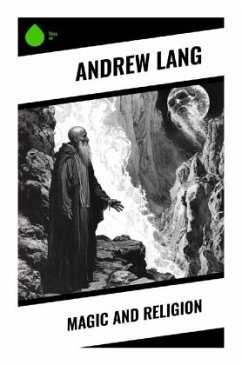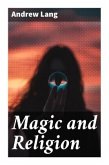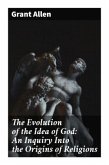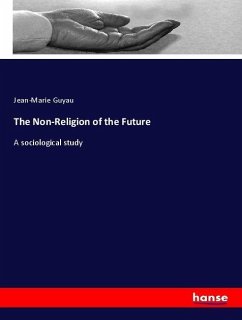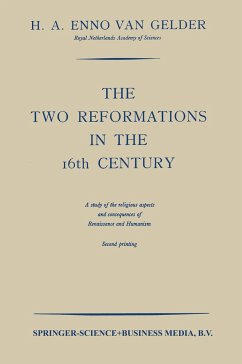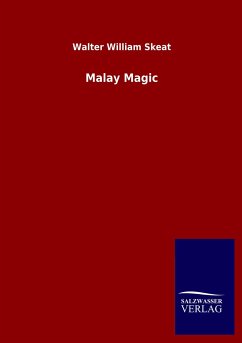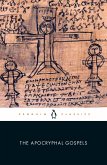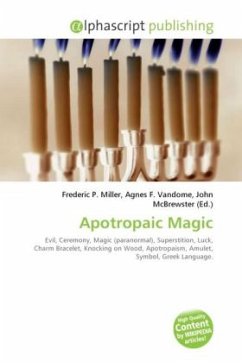In "Magic and Religion," Andrew Lang embarks on a comprehensive exploration of the interplay between magical practices and religious beliefs across diverse cultures. Lang's scholarly narrative is distinguished by its meticulous empirical analysis, weaving together comparative mythology, anthropology, and folklore. He examines how societies have historically intertwined magic with religious rituals, thereby enriching our understanding of human spirituality and cultural practices. The text is a critical contribution to the study of comparative religion, where Lang's methodical approach demystifies the distinctions and overlaps between the two realms, showcasing the inherent relationships they share in various civilizations. Andrew Lang, a prominent Scottish poet, novelist, and anthropologist of the late 19th century, was deeply influenced by the burgeoning fields of anthropology and comparative religion during his lifetime. His eclectic background, which combined a passion for literature with a rigorous scientific curiosity, informed his belief that the study of folklore and magical traditions could unveil universal truths about human nature and belief systems. This inquiry into magic was pivotal for Lang, who sought to bridge the gap between rationalism and spiritual beliefs prevalent during the Victorian era. "Magic and Religion" is an essential read for anyone interested in the confluence of spirituality and cultural tradition. Lang's incisive analysis invites readers to reconsider commonly held notions about religion by providing a nuanced understanding of how magic permeates human experience. Scholars, students, and general readers alike will find this work to be indispensable in understanding the complexities of belief and the anthropological significance of magical practices.
Bitte wählen Sie Ihr Anliegen aus.
Rechnungen
Retourenschein anfordern
Bestellstatus
Storno

